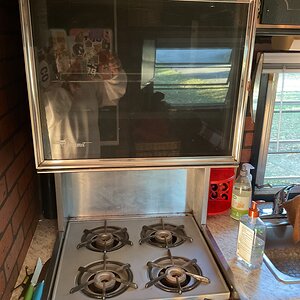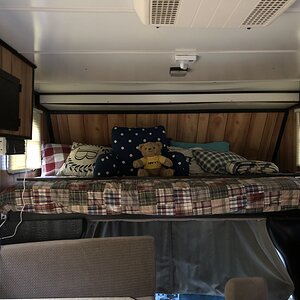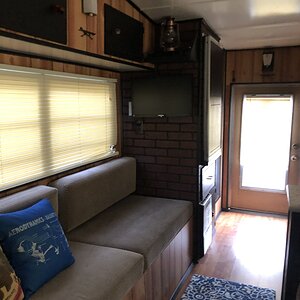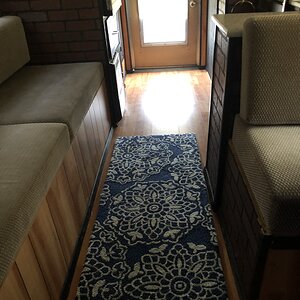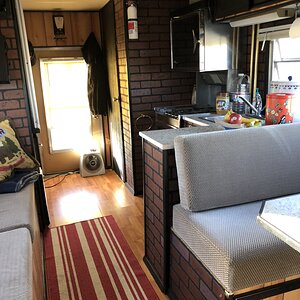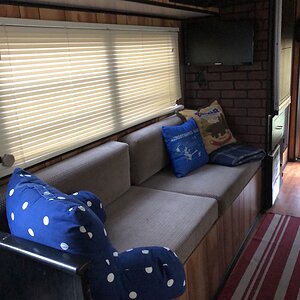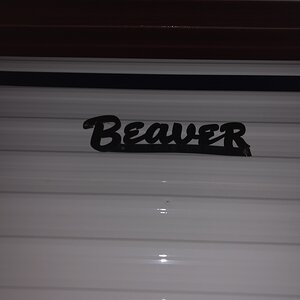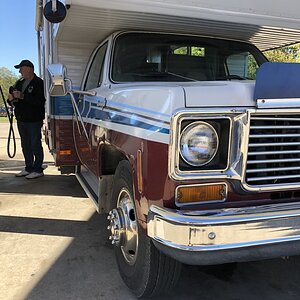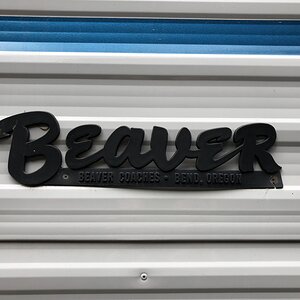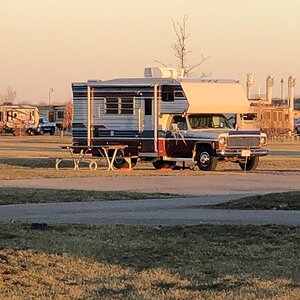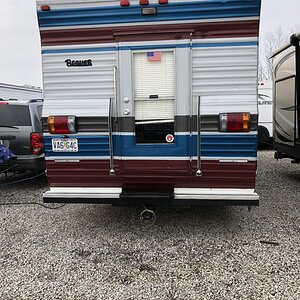This is brand new to us. We both retired in our mid 50s, and are planning to start shopping for a class A or C. The wife envisions an RV that we can drive across the country, and not tow a car behind it. I am fairly sure that even if we got a smaller class C, we would eventually realize we have to tow a small car. That’s no big deal, I cannot imagine that I would not be the driver 100% of the time.
What’s your advice as we begin to shop? I’ve owned older cruising sailboats for years and am a firm believer that in terms of safety, comfort and fun, one should buy as big a vehicle as they are comfortable with.
I would appreciate any and all advice.thanks!!
What’s your advice as we begin to shop? I’ve owned older cruising sailboats for years and am a firm believer that in terms of safety, comfort and fun, one should buy as big a vehicle as they are comfortable with.
I would appreciate any and all advice.thanks!!

